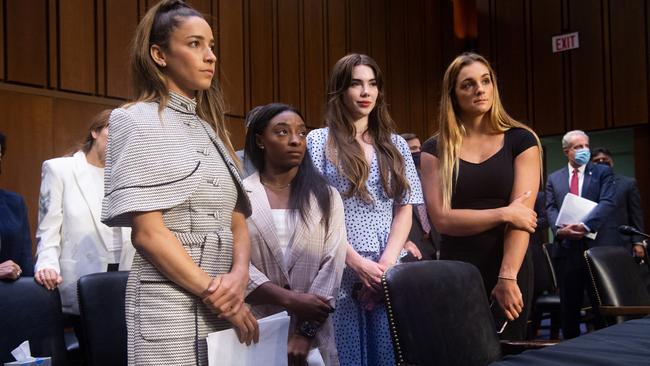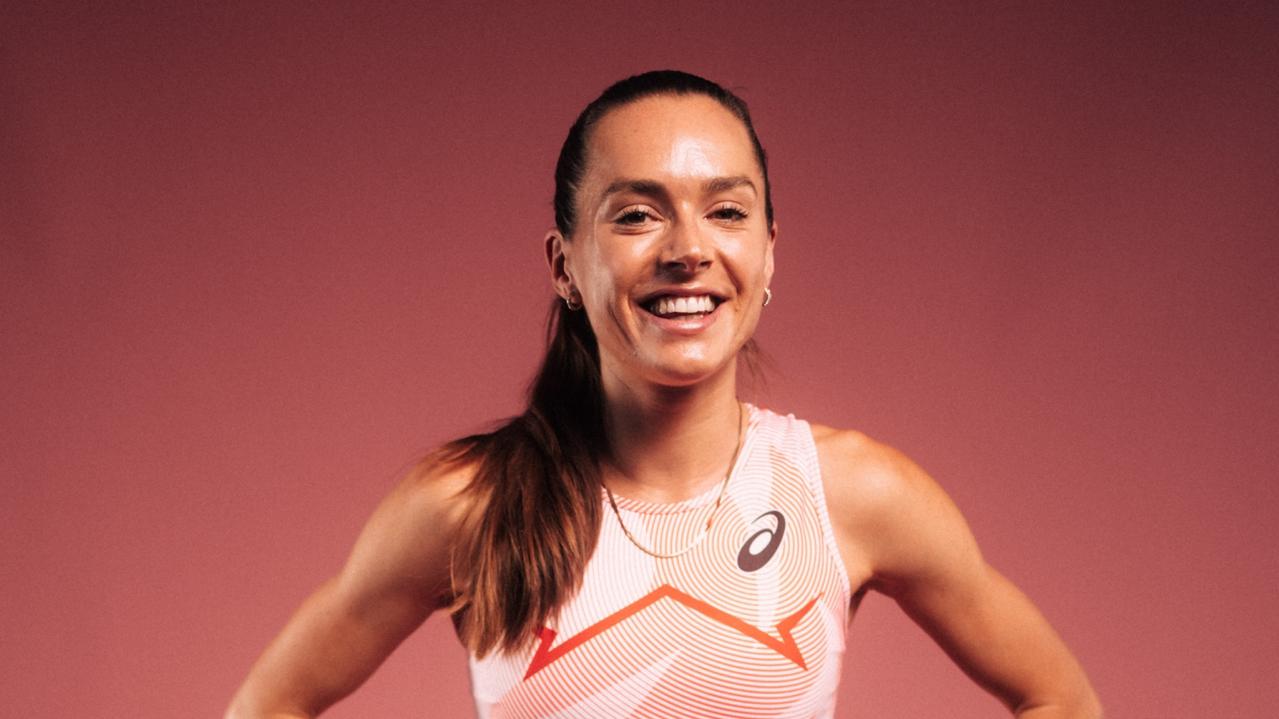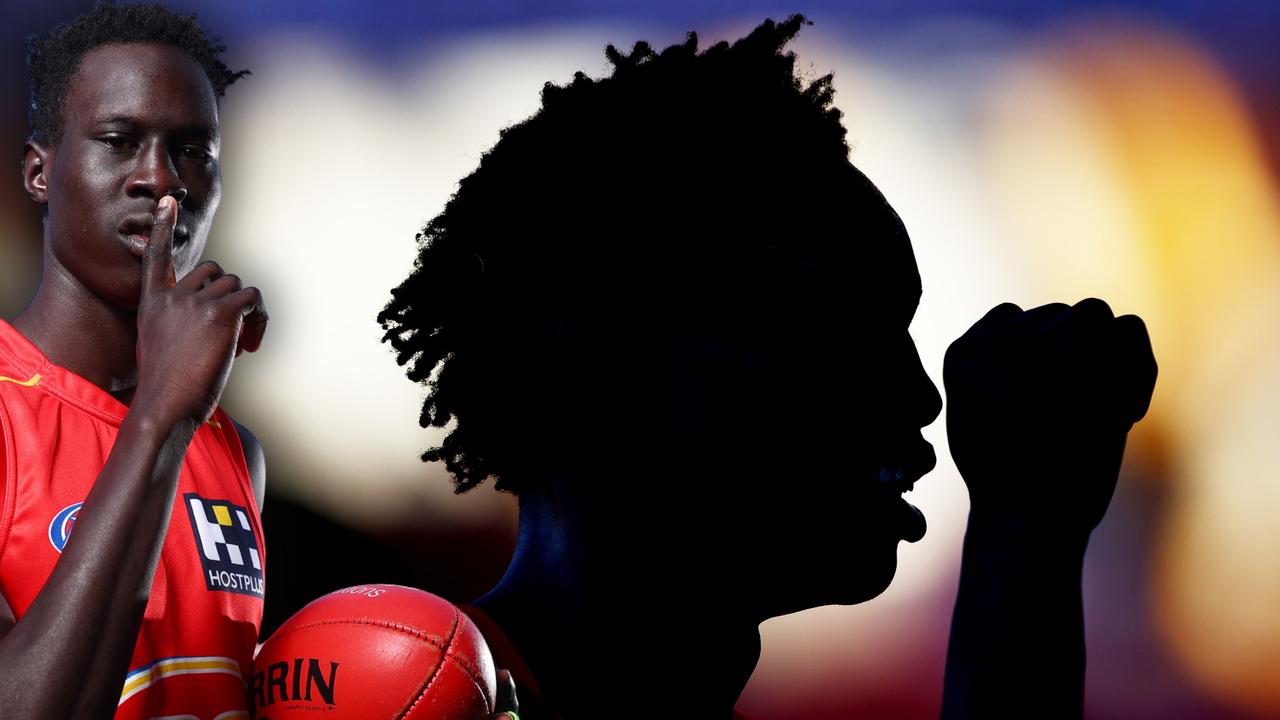
“I do think it had an effect,” she told TIME of publicly discussing the abuse over the past few years. “It’s a lot to put on one person.
“I feel like the guilt should be on them and should not be held over us. They should be feeling this (pain), not me.”
By “them” she was referring to USA Gymnastics and the US Olympic and Paralympic Committee, who Biles said “enabled” Nassar.
This week Biles and more than 500 other survivors were awarded $533m to compensate them for suffering sexual abuse at the hands of the long-time US Olympic team doctor. That financial burden will be carried by USA Gymnastics, USOPC and their insurers.
But as fellow Nassar survivor Rachael Denhollander said, no amount of money will “ever repair the damage that has been done”.
The events of not only this week, but this year, again raise the question: is the sports world a safe place for women? In many cases no. Could sports be doing more? Absolutely yes.
And like Biles said, why are survivors still burdened with the pain of speaking out, in an effort to shift a sport’s damaging culture?
One of the requirements of the settlement announced in an Indianapolis bankruptcy court this week is that USA Gymnastics must provide a seat on its board to a gymnast who had been abused by Nassar.
It’s something that all Australian sports should consider – especially those such as swimming, soccer, hockey, which have all recently dealt with disturbing allegations of abuse, including sexual harassment and body shaming.
This year two high-profile Australian sportswomen – former Matilda Lisa De Vanna and Olympic swimmer Maddie Groves – told of how their concerns were brushed off by the very organisations they were supposed to feel protected by.
Others such as Olympic stars Emily Seebohm and Cate Campbell told of the body shaming they experienced in elite swimming, which led to disordered eating that nearly derailed their careers.
It’s also been a year that has told us that sporting organisations, for all their corporate speak, supposedly watertight child protection policies, “bulletproof” integrity unit investigations, hardy complaint systems and excellent coaches, are still letting women and girls down.
De Vanna, a former Matilda now with the Perth Glory, told The Weekend Australian she felt compelled to speak out in October to protect the future generations of girls and women in the game.
As De Vanna puts it, she is not one “to just let things go”.
Several months ago De Vanna spoke frankly about a toxic culture of abuse and bullying she experienced as a young player in women’s soccer. She told of indecent assault, sexual harassment and grooming. But a survivor raising their voice comes with an emotional burden.
“The hard thing is, you are made to feel like you are bringing shame to the game, then you get smeared and people start saying you are no angel,” De Vanna said.
“A victim is a victim regardless of whether you like that person or not.”
“I am a very strong personality and I am aware I am not perfect. I knew shit would be coming up but to this day I still think, have I ruined my reputation as a Matildas player going forward? I wasn’t prepared for it to attract so much attention.”
And what De Vanna also didn’t expect or prepare for was the sheer number of other “victims” reaching out to her, sharing their similar experiences of abuse in women’s football at all levels. Dozens upon dozens have contacted her.
“It’s been really hard dealing with the amount of people who have personally reached out,” De Vanna said. “My intention was never to expose it the way it was exposed, it was never about the Matildas team specifically, it was about experience as a younger player. I spoke out because I want the future to be better for other players coming through.”
Since De Vanna spoke up, the Football Federation of Australia has developed an initiative with Sport Integrity Australia so it can “receive, assess, and manage” all complaints independently of FA.
De Vanna would like to see a former player in a “truly independent role” that would help facilitate complaints from within the sport. If the complaints were of a serious nature they would then help report it to Sports Integrity Australia.
“Someone that people can talk to and feel listened to,” De Vanna said. “They need someone that is independent … like a former a player or someone else who isn’t appointed by the organisation.
“I know people don’t want to speak up within sports, and complain to that sport’s bosses, because they know they can be ostracised or bullied for telling it how it is.”
She added: “Me speaking up, it’s not about right now, it’s about the future of the game and protecting the future generations.”
Protecting the future and changing the culture is also the reason why Groves spoke up.
The Olympic silver medallist’s quiet anger around her treatment had been simmering on social media for some time. A series of frank tweets in November 2020 gave a hint that her glorious swimming career had been marred by coaches who had behaved inappropriately towards her.
By June 2021, just days out from the Olympic trials, she turned to social media.
“You can no longer exploit young women and girls, body shame or medically gaslight them and then expect them to represent you so you can earn your annual bonus. Time’s UP,” Groves tweeted. She also called out a “misogynistic” culture and said there were “perverts” in the sport.
The 26-year-old, who recently returned to the pool at the International Swimming League in Europe, told the ABC’s 7.30 earlier this month that she was speaking out in a bid for change.
“It just really seems like there is this vicious cycle of using and abusing female athletes until they’re burnt out and broken,” Groves told the ABC.
“I feel like if I didn’t speak out, if there’s not a proper investigation into the culture of this sport in Australia, that cycle is just going to continue forever.”
Since her series of tweets, an independent panel was set up to investigate the treatment of women and girls in the sport.
Groves has also raised her concerns around the sport’s handling of complaints. She also said she was sexually abused from the age of 13 to 18 but declined to identify the alleged perpetrator. However, she said he still worked in swimming and detailed why she didn’t want to formally complain to Swimming Australia.
“I haven‘t made a complaint about this individual,” she told 7.30. “I guess my experience from trying to make complaints about other people in sport was so discouraging, it really didn't leave me feeling that making a complaint about this person would be any different to the others.
“I don’t think I really want to report it to police. It’s obviously a huge process emotionally and it takes such a long time …
“I’ve had a couple of other friends and people that I know in swimming that have been sexually abused and assaulted and they’ve been through that process.
“It ends up being really disappointing … and things don‘t really seem to change. It’s sort of swept under the rug.”
And that’s a key statement. Sporting organisations like to “sweep things under the rug”. In many cases putting the “brand” before the victim.
Women working in sports administration also often feel the brunt of a broken system.
The woman at the centre of the sexting scandal that prompted the resignation of former Australian Test cricket captain Tim Paine earlier this month filed a sexual harassment claim against Cricket Tasmania in the Federal Court earlier this month.
Renee Ferguson revealed she complained about sexual harassment in the office prior to her decision to resign from her job (the prior complaint did not relate to Paine or his brother-in-law, but another man in the office).
In a 17-page document filed in the Federal Court, lawyers acting for the woman lodged an originating application under the Australian Human Rights Commission Act for sexual harassment. Her voice may not have been truly heard in her workplace, but now is set to be heard in court.
If there is a shining light in a dark year it was the WTA’s handling of the Peng Shuai matter.
WTA chief executive Steve Simon said it would suspend tournaments in China due to their concerns over Peng after she posted a message on Weibo alleging that former Chinese vice-premier Zhang Gaoli had sexually assaulted her.
Tennis great Billie Jean King said the WTA was on “the right side of history”.
But there is still so far to go in many sports.
There needs to be more people held to account for overseeing a bad culture. As a prominent lawyer for a number of Nassar survivors, John C Manly, pointed out, the only person in this case serving time in prison is Nassar.
The people who enabled him, who allowed him to perpetrate his crimes, the people who knew of complaints against him but didn’t follow them up, need to be held accountable, he said.
“The settlement shows that there was injustice absolutely going on here,” Manly told the New York Times. “But if you really want to stop people who enable child molesters, you have to start sending people to jail.”




Superstar Olympian Simone Biles made it clear the hurt she suffered at the hands of her abuser Larry Nassar is still fiercely felt. Biles recently told of how making her experience of sexual abuse public has crushed her at times.